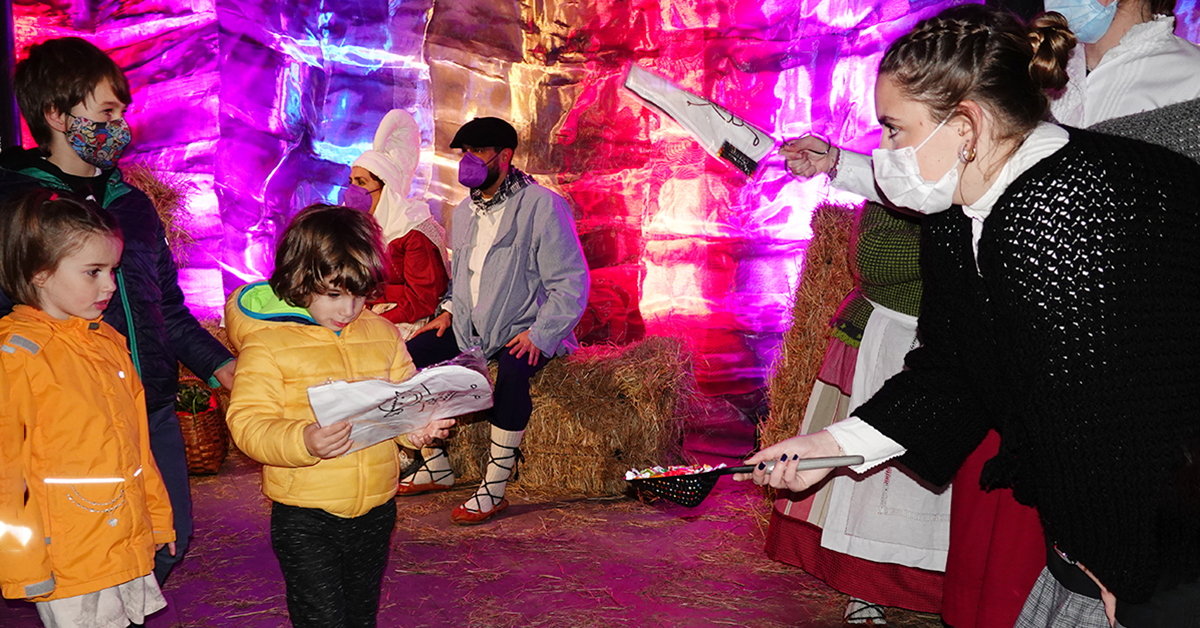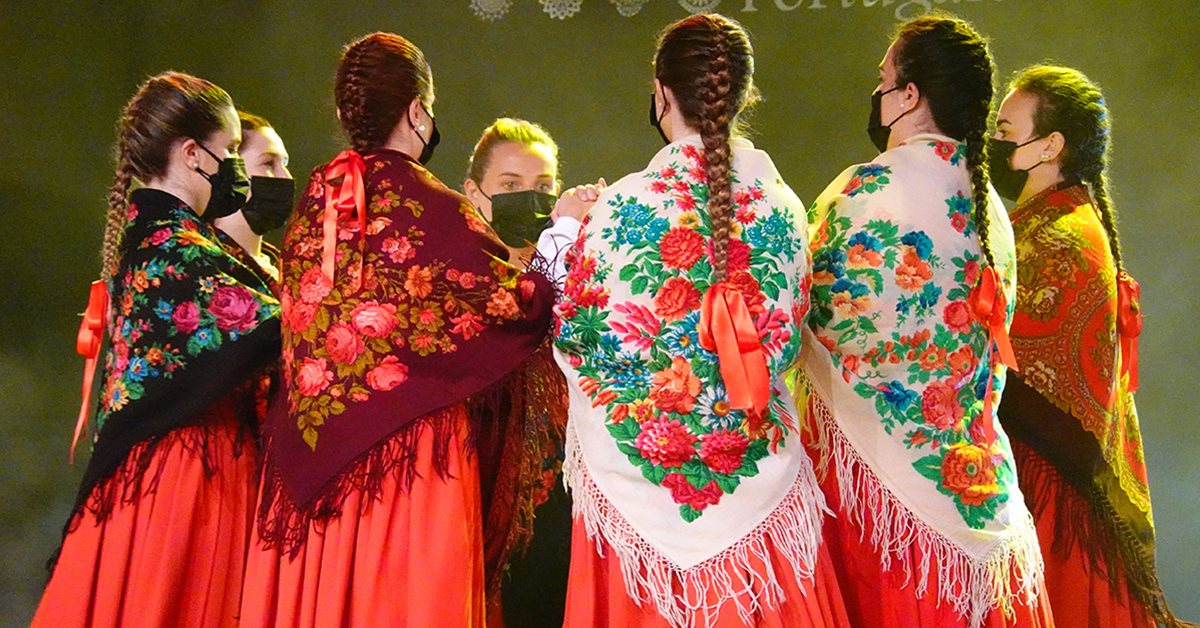Basque ethnography at a glance
Even though that we are still not free of the virus (and its many variants) commonly known as COVID-19, the pandemic now just seems a harrowing time in the past. However, even though it lasted a relatively short period of time, it was a total upheaval of our lives… in a society where a large part of people’s lives is outdoors; and great importance is given to people being in close contact.
The start of the pandemic resulted in harsh restrictions being introduced here in March 2020. Right from the start, that meant that weekend and bank holiday leisure activities and celebratory events, including any type of show, celebration and religious ceremony in that regard, were completely or, in certain cases, partially cancelled.
In general, and with only a few exceptions, festivities were put on hold. More than one person pointed out that the traditional celebrations had “always” been held, without any type of interruption… – but that is best left for another time –, and that, even during epidemics, certain rituals, such as rogations, were performed to drive away diseases.

Socially distanced sweet gifts… Olentzero and Mari Domingi in the background (Santurtzi, 2021). Photo: E. X. Dueñas.
Mask wearing was mandatory, along with social distancing and restricted numbers to the few events allowed, and had to be taken into account, particularly in enclosed places. We crowed about how the Chinese regularly wore them in their large cities due to pollution.
In principle, that was a clearly obvious problem for any public event. In the world of Basque traditional dancing, several groups came up with solutions for the exceptional circumstances, and looked for outdoor spaces to perform the dances in their zeal to maintain the date of the ritual. However, that was with no real expectations: as that approach was at odds with one of the main, if not the fundamental, objective of all dance groups, which is to dance before an audience that attends the performances for that purpose or, failing that, to be an active, or passive, part of processions and other events.
Just as well that different events could be organised over the two-year period, even though intermittently and rather hampered by the health measures. Otherwise, we would be in an even more challenging situation than the one already being faced regarding the celebration and progressive decline of the world of Basque traditional dancing.
Emilio Xabier Dueñas – Folklorist and ethnographer


